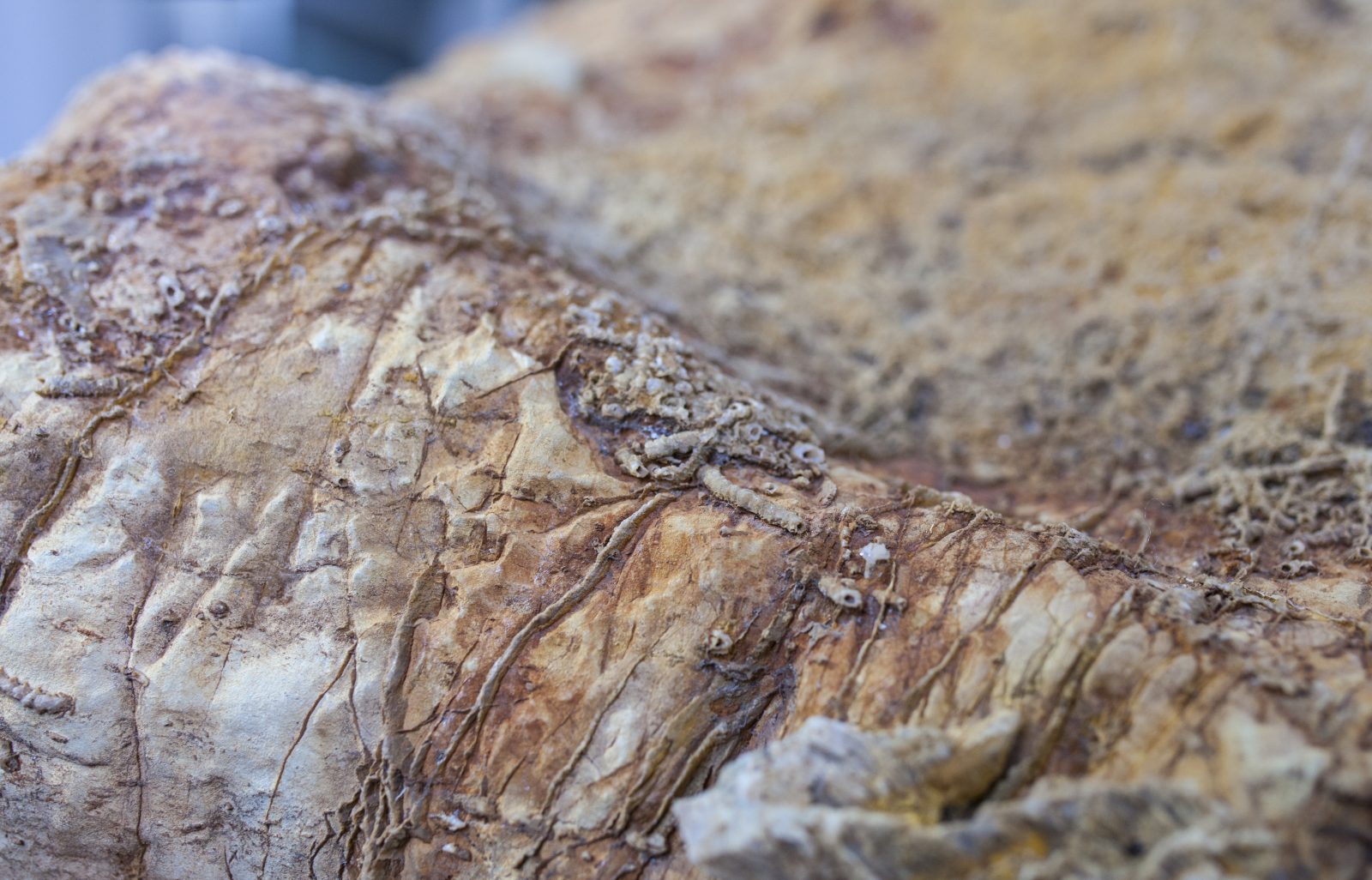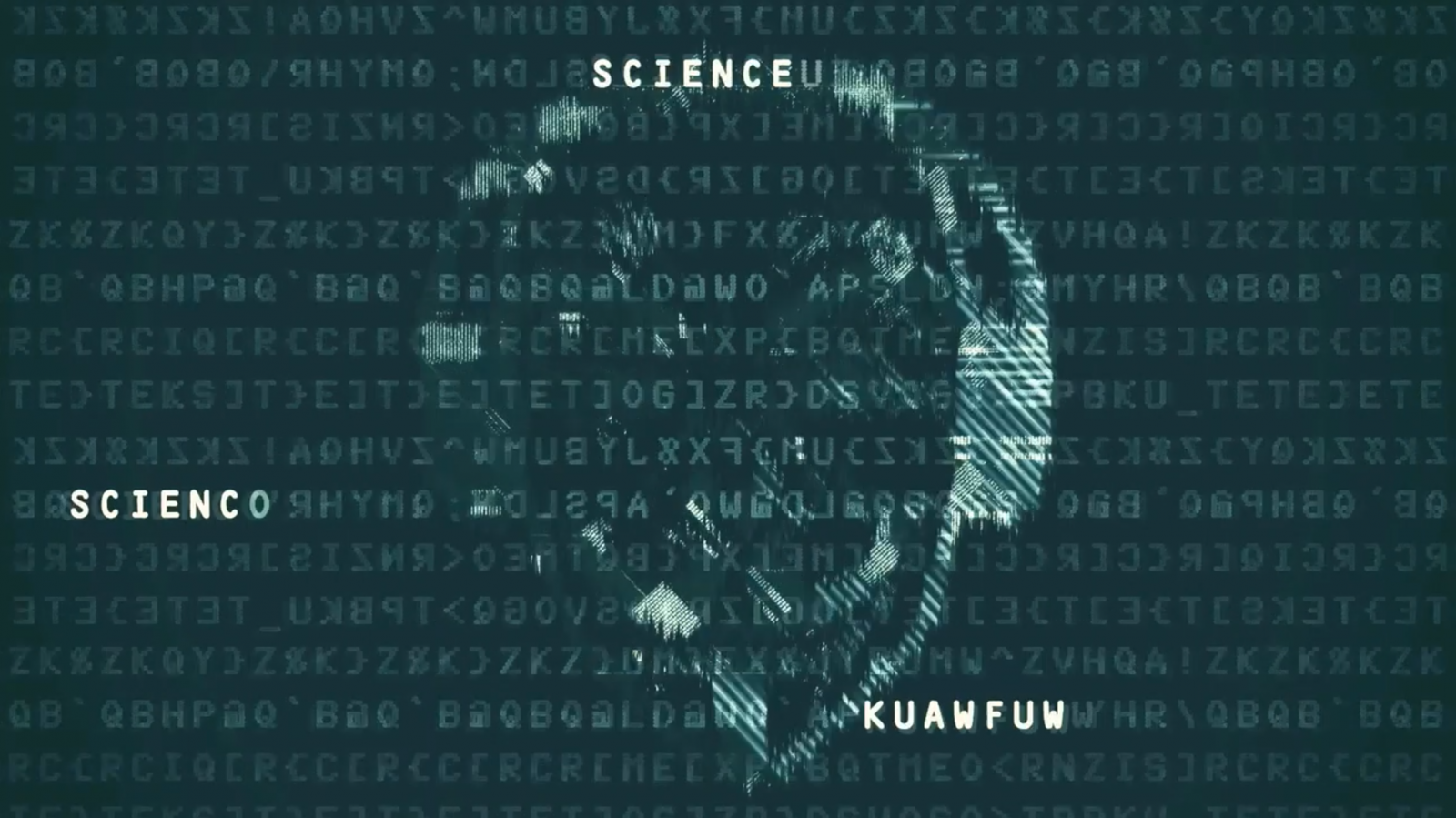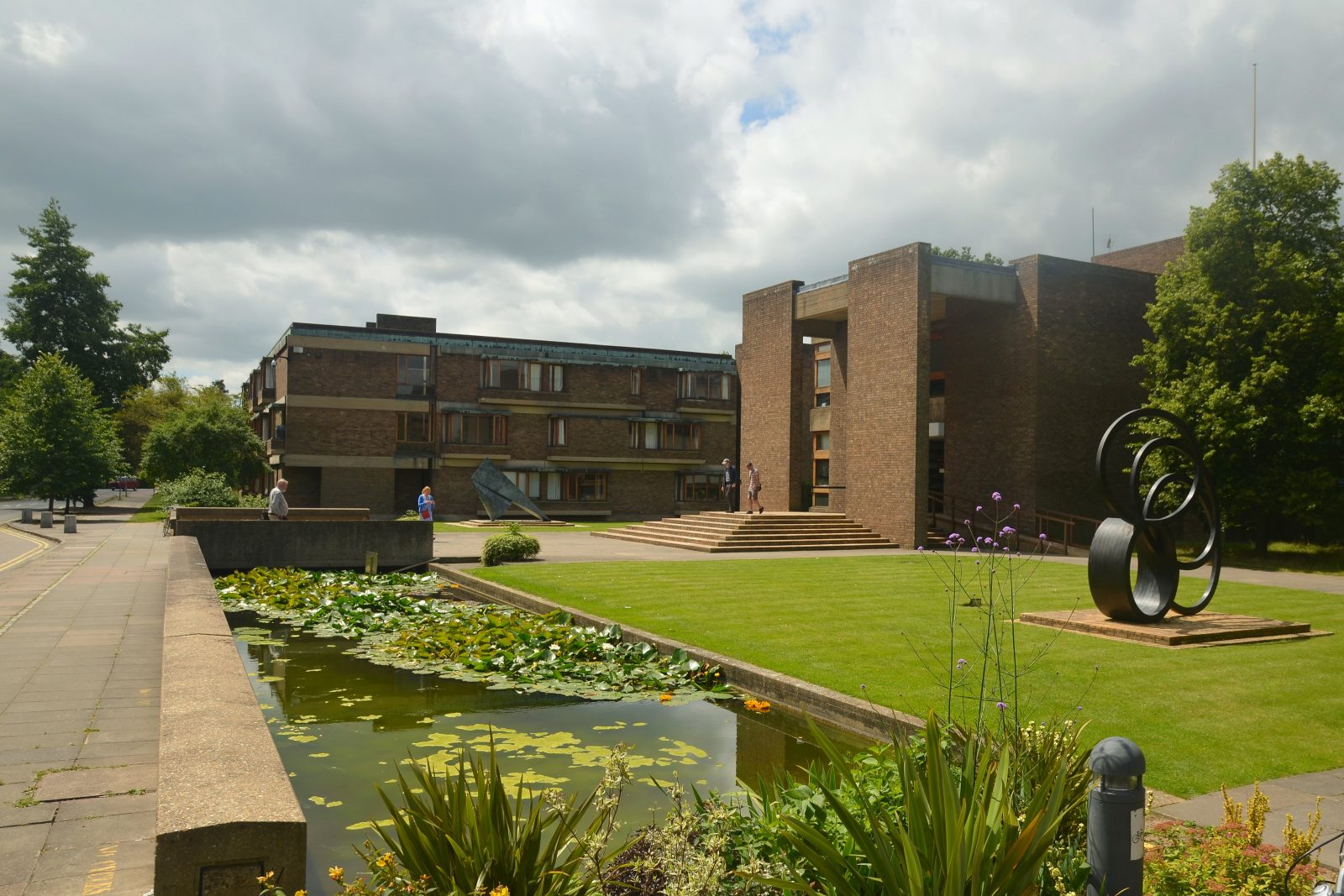
Distinguished Glasgow Surgeon David Galloway Dissects Darwinism
Today’s ID the Future brings onto the show Scottish physician David Galloway, author of the recent book Design Dissected and former president of Royal College of Physicians and Surgeons of Glasgow. In his conversation with guest host and fellow physician/author Geoffrey Simmons, Galloway describes how he found himself in the evolution/design controversy and eventually presented his doubts about Darwin to the Royal College of Physicians and Surgeons of Glasgow. In this first half of a two-part conversation, Galloway and Simmons briefly summarize the content of Design Dissected, and Galloway homes in on one section in particular where he tells the tragic story of Ignaz Semmelweis, a nineteenth-century Hungarian physician who pioneered life-saving antiseptic procedures in hospitals, but whose ideas were long attacked and ignored by leading physicians and scientists despite the clear and mounting evidence that careful handwashing, particularly among labor and delivery physicians, dramatically lowered mortality rates among patients. Galloway says it’s just one of many historical instances of experts clinging to an old paradigm in the face of contrary scientific evidence they don’t like. He says that much the same thing is occurring today among Darwinists who adamantly refuse to fairly consider the growing evidence against blind evolution and for the theory of intelligent design. Check out Galloway’s book here.





